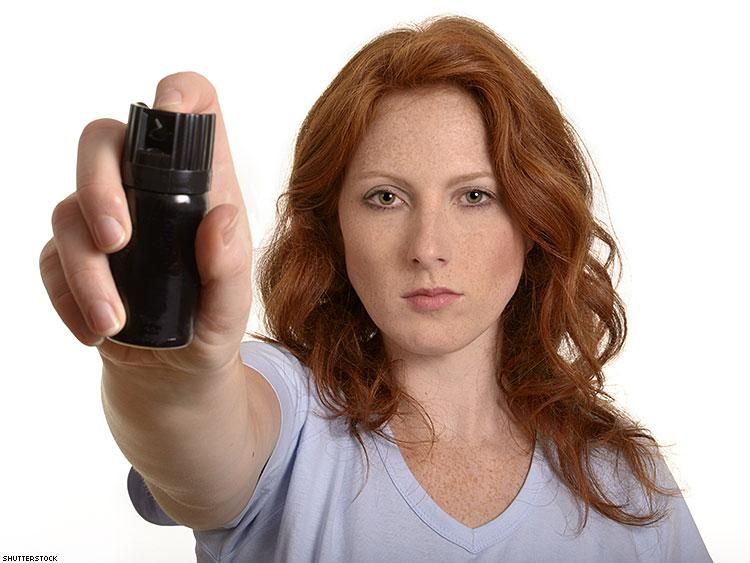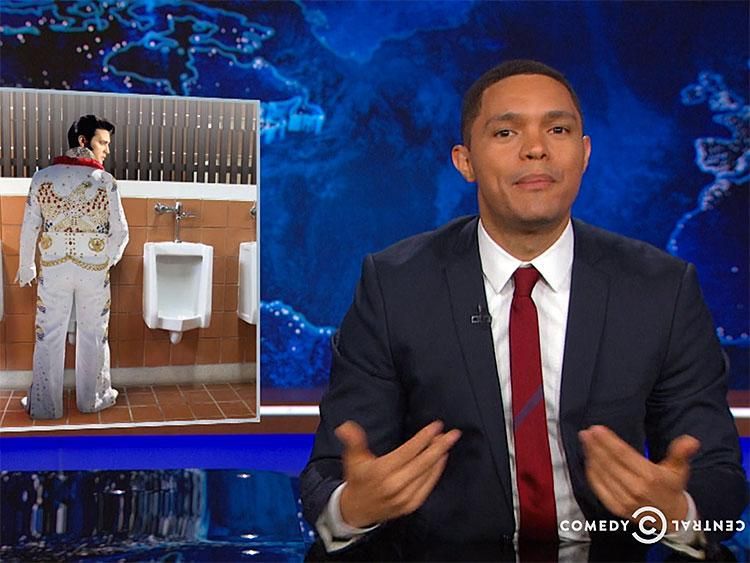Nashville star Connie Britton to attend GLAAD Media Awards in New York City
 Nashville star Connie Britton is set to attend the 27th Annual GLAAD Media Awards in New York at the Waldorf Astoria New York on May 14, 2016. Britton will present the award for Outstanding TV Journalism Newsmagazine at the event.
Nashville star Connie Britton is set to attend the 27th Annual GLAAD Media Awards in New York at the Waldorf Astoria New York on May 14, 2016. Britton will present the award for Outstanding TV Journalism Newsmagazine at the event.
The GLAAD Media Awards recognize and honor media for their fair, accurate, and inclusive representations of the LGBT community and the issues that affect their lives. The GLAAD Media Awards also fund GLAAD’s work to amplify stories from the LGBT community and issues that build support for equality and acceptance.
Britton is the star of ABC’s Nashville and her work has included starring roles on The People vs. O.J. Simpson: American Crime Story, American Horror Story: Murder House, Friday Night Lights and more. Britton is a Goodwill Ambassador for the United Nations Development Programme, and has been an outspoken supporter of LGBT equality, women’s reproductive rights and much more.
The 27th Annual GLAAD Media Awards are presented by Delta Air Lines, Hilton, Ketel One Vodka, and Wells Fargo.
You can get tickets to the GLAAD Media Awards in New York City at glaad.org/mediaawards
To receive the latest updates on the GLAAD Media Awards, follow @glaad on Twitter and use the hashtag #glaadawards.
www.glaad.org/blog/nashville-star-connie-britton-attend-glaad-media-awards-new-york-city
















